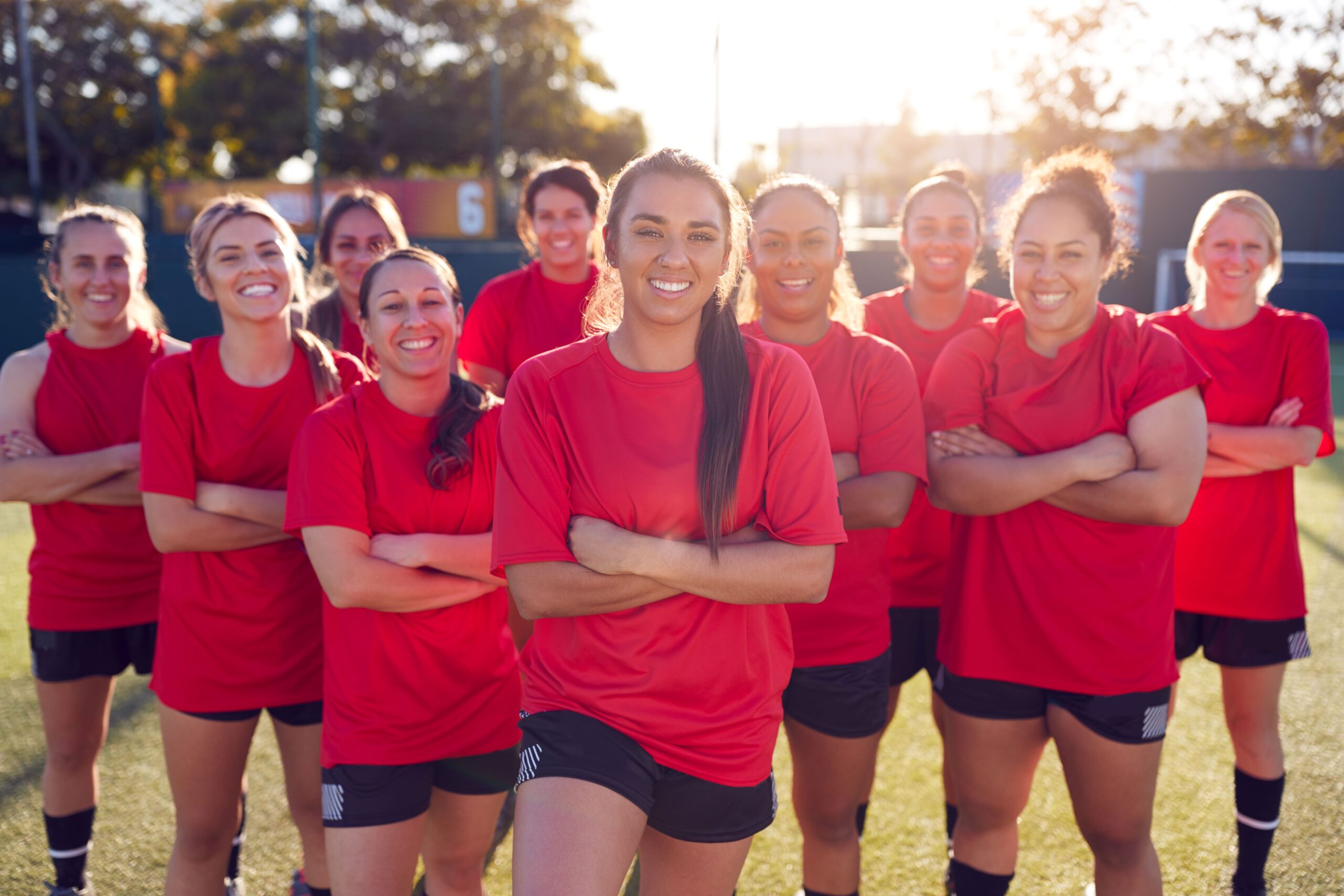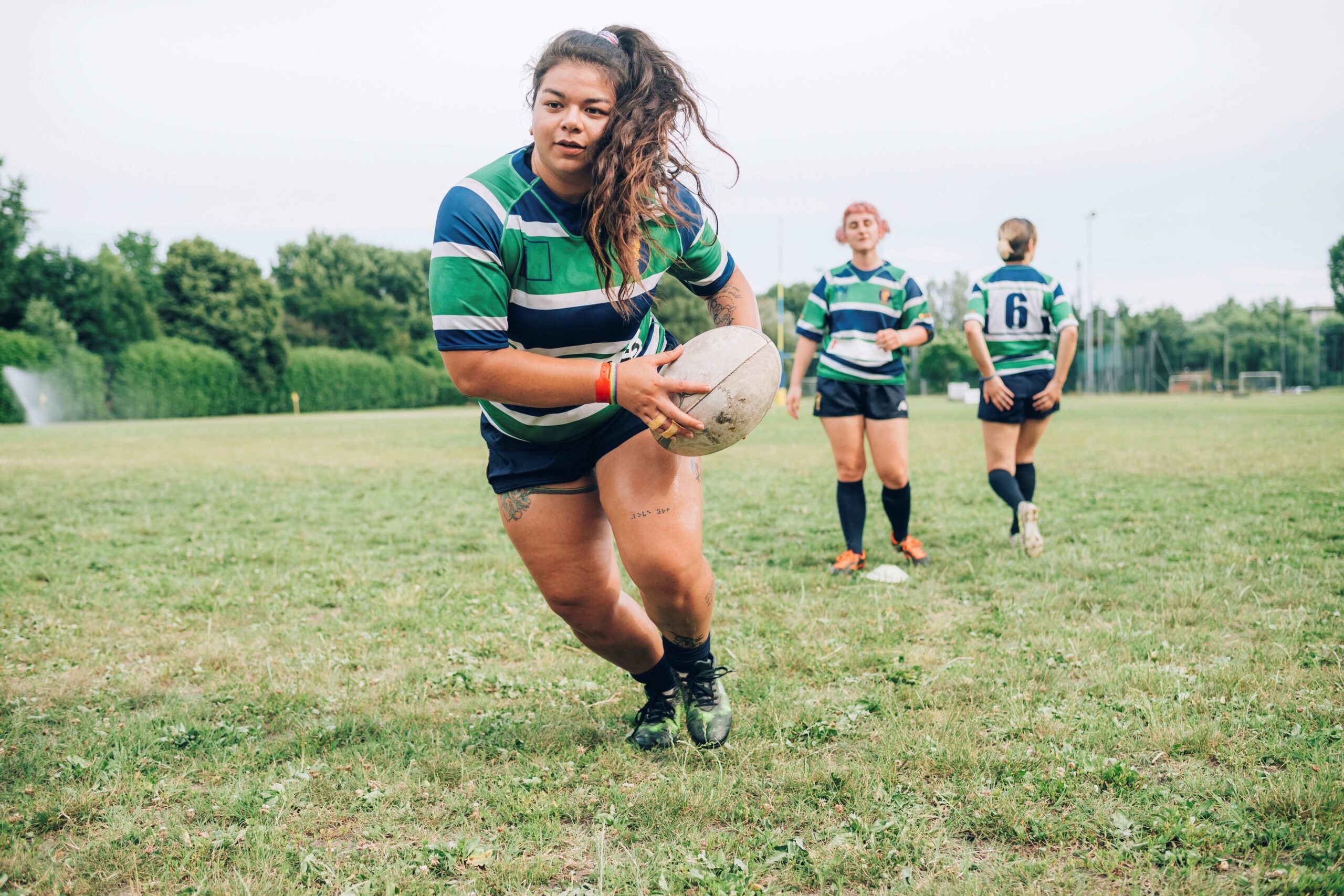Les Ponettes didn’t come from a sports academy, a wealthy club, or any well-oiled federation machine. They started with a handful of women—friends, sisters, students, and professionals, who simply wanted to play rugby, even if it meant training on uneven fields and changing in cars. It wasn’t about trophies at first. It was about proving that rugby belonged to everyone, not just men, and certainly not just big mainland cities.
What’s truly inspiring is how quickly that raw enthusiasm turned into something organized. Players traveled for hours just to make it to practice. Coaches volunteered their time with zero expectations of fame or reward. They borrowed kits, adapted drills, and learned by doing. Every match was a lesson, and every loss a stepping stone. What they lacked in resources, they made up for in heart. And little by little, they built a team that Corsica could be proud of.
What Makes Them Stand Out
Les Ponettes aren’t just another rugby team—they’re a tight-knit crew built on grit, trust, and shared purpose. While many clubs rely on long-standing systems and facilities, this team operates more like a family with a common dream. What really sets them apart?
- They train across multiple towns, often traveling long distances after work or school.
- Most players juggle rugby with full-time jobs or studies, showing serious dedication.
- The coaching is volunteer-based, driven by love for the game, not money.
- Games often feel like local festivals, drawing curious fans and entire families.
- The team actively encourages younger girls to give rugby a shot through workshops and open sessions.
Their setup may be unconventional, but it’s working. The team’s steady progress in national leagues proves that heart can go toe-to-toe with resources.
More Than Rugby
Les Ponettes represents more than just athletics. Women in sports have emerged as symbols of strength and unity in a field where their voices aren’t always heard. Off the field, they work with photographers and artists to promote women in sport, visit schools, and conduct workshops for young girls. Stereotypes were questioned and the complexity of contemporary female athletes was celebrated in one exhibition featuring portraits of the players dressed in both rugby gear and regular clothing.
A Growing Community
Les Ponettes started out as a group. They feel more like a movement now. Families, artists, schoolchildren, and even inquisitive tourists attend their games in addition to sports fans. After the final whistle, the once-quiet field is now alive with laughter, applause, and kids mimicking their favorite players.
Local companies are stepping up to support travel and equipment. More than ever, parents are allowing their daughters to play rugby. Newcomers of all ages can learn the fundamentals in a friendly, non-threatening setting at the team’s frequent open sessions and introductory clinics.
And these aren’t just symbolic gestures. Girls who attended one-day workshops two years ago are now wearing the team’s colors and competing in junior matches.
The Road Ahead
Les Ponettes aren’t done. They’ve set their sights on higher leagues and long-term development. They want better training conditions, more structured youth programs, and above all, recognition. But regardless of results, they’ve already succeeded in one powerful way: they’ve proved that ambition, when matched with teamwork and tenacity, can grow anywhere—even on a rocky island in the Mediterranean.
